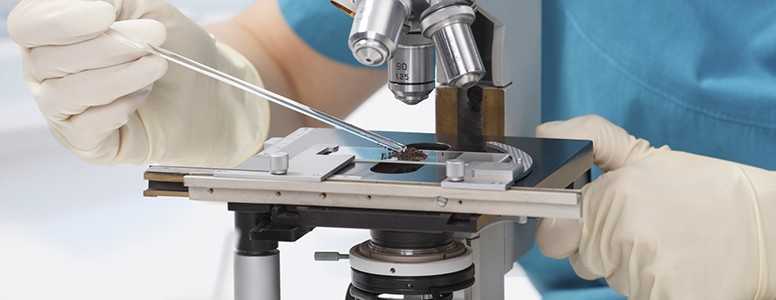New research shows that antibiotic use increases the risk of mice developing type 1 diabetes by altering the gut microbiome.
These new findings, publishedin Nature Microbiology, build on existing research linking prolonged antibiotic exposure to the development of type 1 diabetes.
In this study, researchers at New York University Langone Medical Centre gave infant, non-obese diabetic (NOD) mice a commonly used antibiotic called the macrolide tysolin.
This was administered on three occasions: once when the pups were breastfed and twice after they had weaned. The doses given mimicked those used to treat a variety of infections in children.
The study team then monitored disease states, changes to gut microbiome and innate immune response, and made a significant discovery at 32 weeks: the NOD mice given the antibiotics were twice as likely to develop type 1 diabetes compared to mice that didn’t receive tysolin.
Male NOD mice that received the antibiotics also had less microbial diversity in their intestines following treatment, and both male and female mice had weaker immune systems.
Senior author Martin Blaser, MD, said: “Our study begins to clarify the mechanisms by which antibiotic-driven changes in gut microbiomes may increase risk for type 1 diabetes.”
Jessica Dunne, director of Discovery Research at JDRF, which supported the study, added: “This latest study result is compelling, linking the effects of use of antibiotics in mice to type 1 diabetes [and how it] can alter the microbiota and have lasting effects on immunological and metabolic development, resulting in autoimmunity.
“We’re eager to see how these findings may impact the discovery of type 1 diabetes preventive treatments in the future and continued research in the area of vaccines.”
Blaser stressed that parents should still ensure their children receive prescription antibiotics, adding that while these findings are a fascinating development, more research needs to be done.
What's new on the forum? ⭐️
Get our free newsletters
Stay up to date with the latest news, research and breakthroughs.





